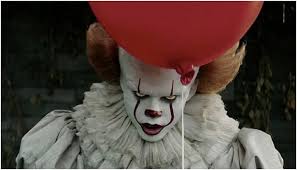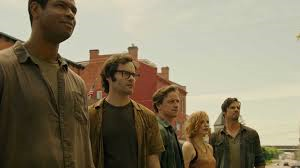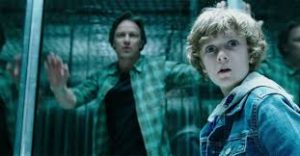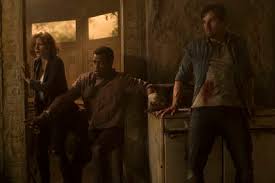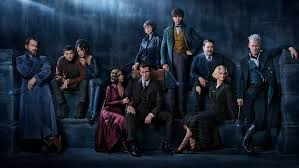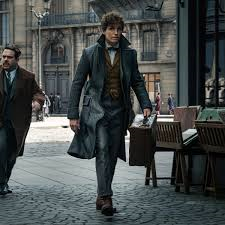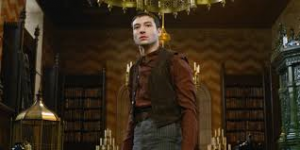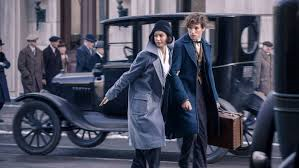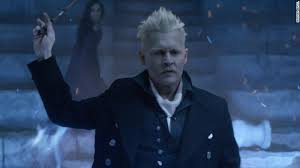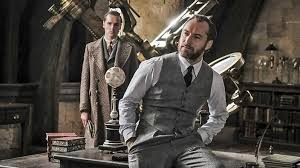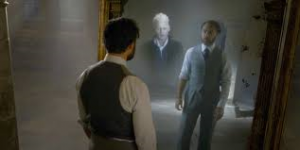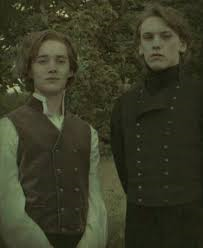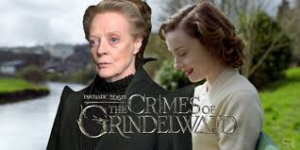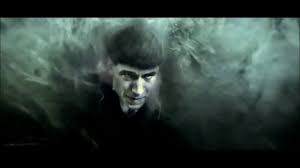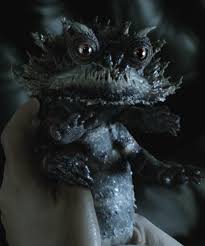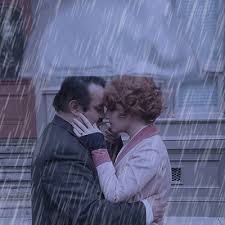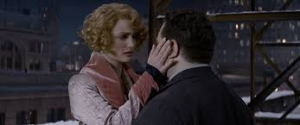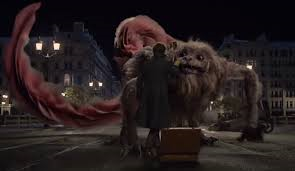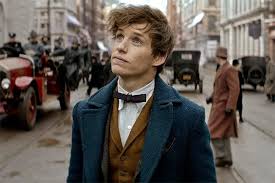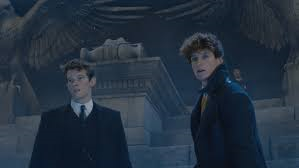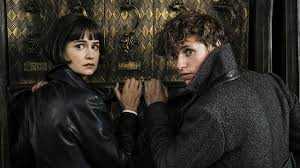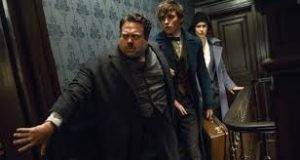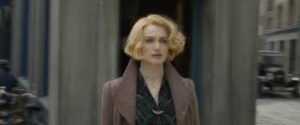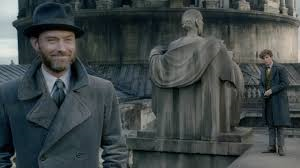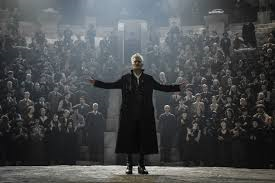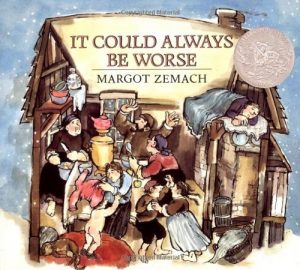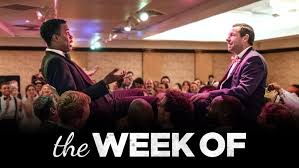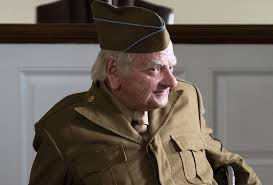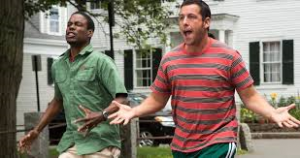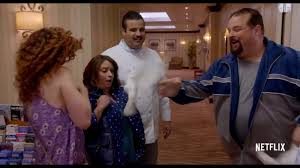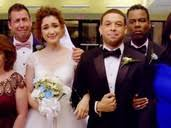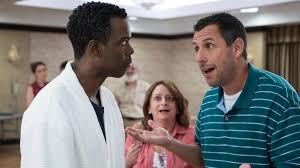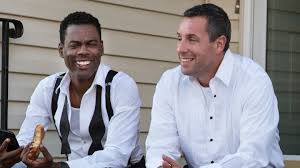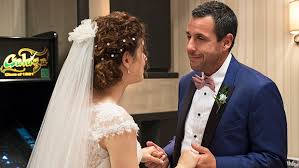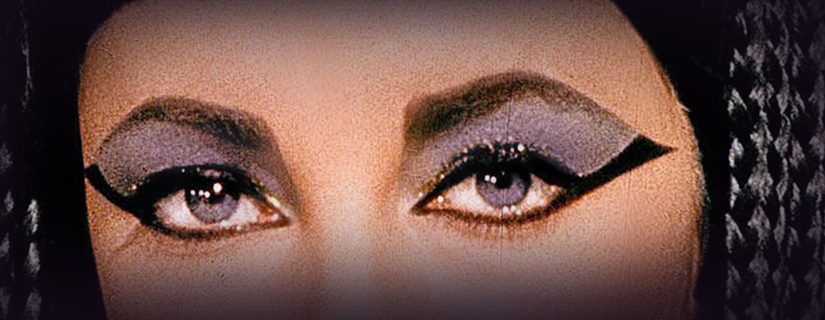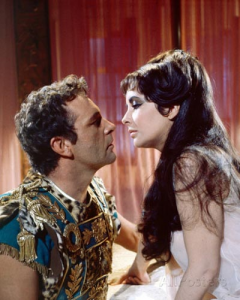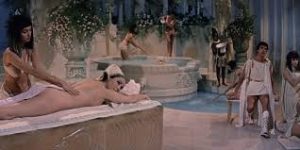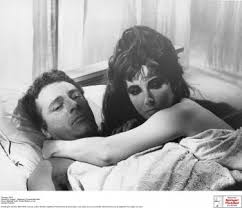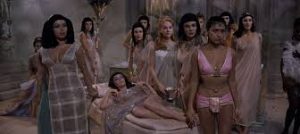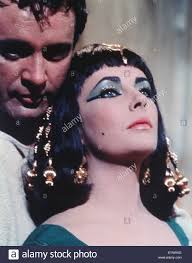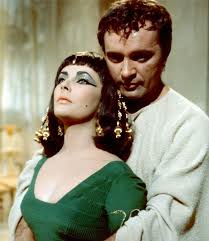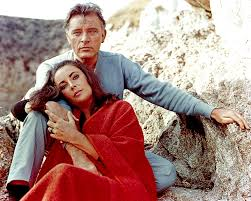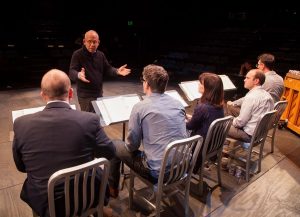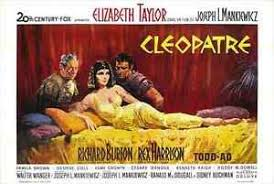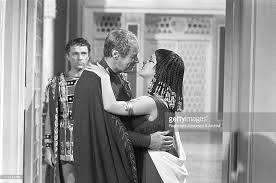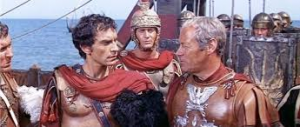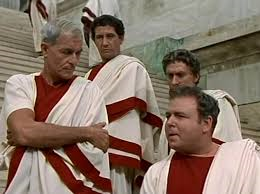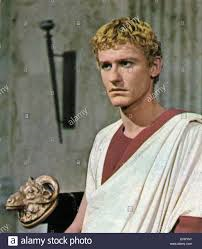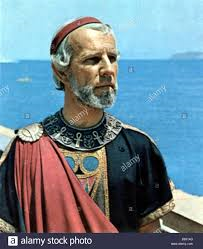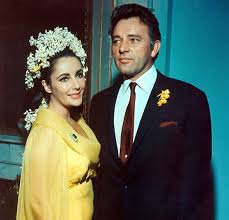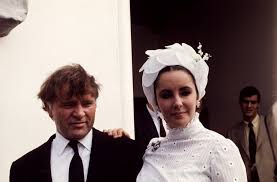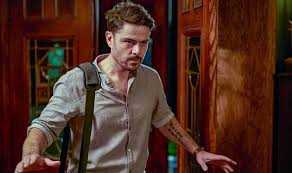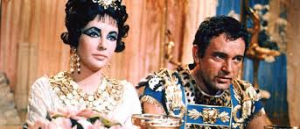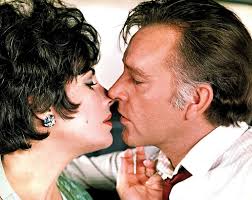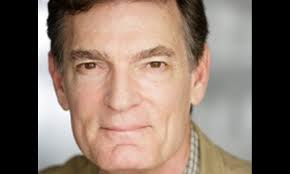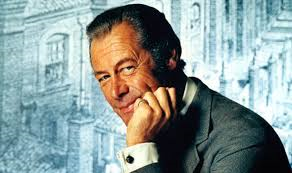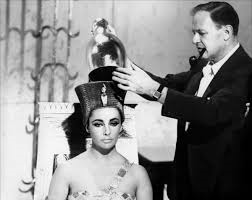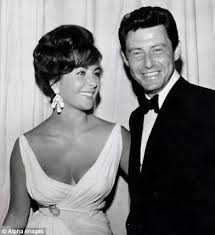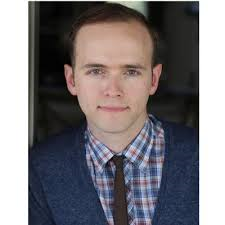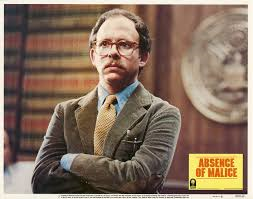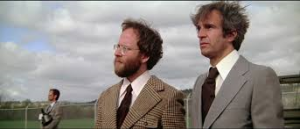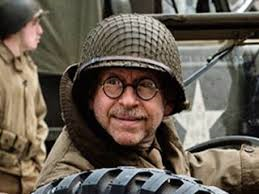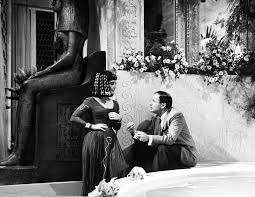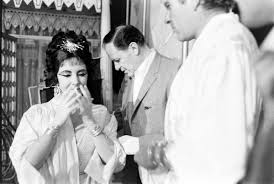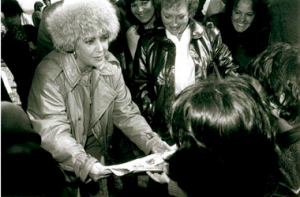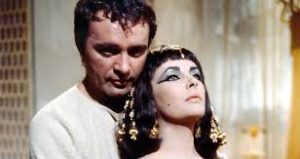SHORT TAKE:
Surprisingly thoughtful, intricately plotted, well acted and very effective but terrifying finale to the film version of Stephen King’s mammoth-sized book IT.
WHO SHOULD GO:
I would like to make one thing clear: STEPHEN KING STORIES ARE NOT CHILD FRIENDLY!!!
There is a warning at the beginning of the movie which declares flashing lights could trigger epileptic seizures in the photosensitive. But that is the LEAST of the problems. There is also sexually discussed content, a profound amount of gratuitous profanity, some of it blasphemous, a lot of lethal violence and gore with child victims in close up, homicide, patricide, people being burned alive, grotesque deformities, slit throats, an explicit scene of suicide, overt physical and implied sexual abuse, and brief but conspicuous demonstrations of alternative sexuality. 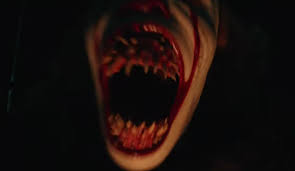 The violence and bloodshed would have alarmed the Grimm Brothers, though this is to be expected in any movie about a child-eating monster.
The violence and bloodshed would have alarmed the Grimm Brothers, though this is to be expected in any movie about a child-eating monster.
I do not know what the parents in the audience were thinking but there was a group of under-chaperoned young teens in the audience next to me for whom I cringed, given the film’s content as well as the visuals in some of the trailers. An R-rated movie will attract R-rated trailers, which R-rated “coming soon” offerings will not be R-rated “ONLY” for gore. One of the movies previewed at the afternoon showing of IT: C2, which was viewed by these kids, included scantily clad pole dancers! Even more inexplicable was the presence of young children who, predictably, begin to cry almost from the outset. Bringing kids to an R-rated movie of any kind, much less a horror fest, is a face-palming level of stupidity, bordering on child neglect, if not abuse.
Let me repeat KING IS NOT CHILD FRIENDLY. DO NOT TAKE CHILDREN.
FOR MATURE ADULT AGE TEENS AND UP ONLY!!!
LONG TAKE:
I walked into IT: Chapter Two fully expecting not to like it. I can hardly be blame. I didn’t like the book and although the TV version had a – dare I say it – certain charm due to the talents of Tim Curry as Pennywise the sinister, extraterrestrial psycho killer clown, and the recent Part 1, IT, wasn’t bad, I still did not hold out much for Part 2, having read the book. 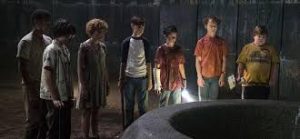 My youngest, now 21, pointed out an element that had not occurred to me about Part 1 – that instead of a straight up horror story it could be seen as an analogy for overcoming one’s childhood traumas and deepest wounds.
My youngest, now 21, pointed out an element that had not occurred to me about Part 1 – that instead of a straight up horror story it could be seen as an analogy for overcoming one’s childhood traumas and deepest wounds.
Although I thought this idea had merit I still dreaded what they would do with the second installment. After all it was based upon an excessively long, often deeply disturbing novel which catered to our darkest impulses and often relied heavily on caricature-level biases against small town citizens, authority figures, and parents.
 However, I was pleasantly surprised by the film. While it is, by no means, a great movie, it is far better than I thought it would be. IT: Chapter Two is the second half of Stephen King’s elephantine book IT about 7 children, outcasts in different ways, who bond as The Losers’ Club to fight an other worldly monster, and their adult selves who return 27 years later to kill IT. My review of the filmed version of the first half of the book – IT – is HERE and covers the child actor versions of the characters. The kids return in clips and flashbacks.
However, I was pleasantly surprised by the film. While it is, by no means, a great movie, it is far better than I thought it would be. IT: Chapter Two is the second half of Stephen King’s elephantine book IT about 7 children, outcasts in different ways, who bond as The Losers’ Club to fight an other worldly monster, and their adult selves who return 27 years later to kill IT. My review of the filmed version of the first half of the book – IT – is HERE and covers the child actor versions of the characters. The kids return in clips and flashbacks.
SPOILERS – BIG, CASUAL SPOILERS – SO BE FORWARNED
The adults include: 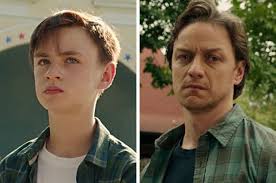 James McAvoy (whose incredibly varied resume includes: The Lion, The Witch and The Wardrobe, Split, Atomic Blonde, and the entire X-Men reboot series) is Bill, the stuttering leader of the group.
James McAvoy (whose incredibly varied resume includes: The Lion, The Witch and The Wardrobe, Split, Atomic Blonde, and the entire X-Men reboot series) is Bill, the stuttering leader of the group.  Jessica Chastain (Molly’s Game, Interstellar) is Beverly the grown up abused child who marries another abusive man.
Jessica Chastain (Molly’s Game, Interstellar) is Beverly the grown up abused child who marries another abusive man. 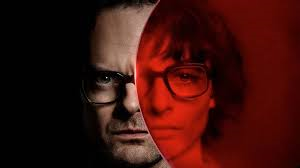 Bill Hader (who has done a lot of voice over acting) is Richie the comedian who as a child seems physically incapable of keeping his smart aleck bully-antagonizing comments to himself.
Bill Hader (who has done a lot of voice over acting) is Richie the comedian who as a child seems physically incapable of keeping his smart aleck bully-antagonizing comments to himself.  Isaiah Mufasa is Mike, as a child one of the only black people in Derry and an orphan whose parents burned to death in a tragedy he witnessed, and as an adult is the librarian and self appointed guardian of Derry who stays to watch for the monster’s re-appearance.
Isaiah Mufasa is Mike, as a child one of the only black people in Derry and an orphan whose parents burned to death in a tragedy he witnessed, and as an adult is the librarian and self appointed guardian of Derry who stays to watch for the monster’s re-appearance. 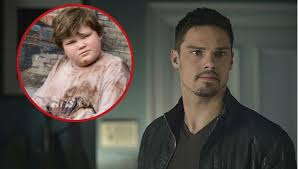 The significantly sleeker and athletic grown up Ben is played by born-Kiwi (native New Zealander) now Aussie Jay Ryan (who, in a note of incredible irony, before becoming established as an actor, used to perform in local supermarkets entertaining young children as —– a clown).
The significantly sleeker and athletic grown up Ben is played by born-Kiwi (native New Zealander) now Aussie Jay Ryan (who, in a note of incredible irony, before becoming established as an actor, used to perform in local supermarkets entertaining young children as —– a clown).  Andy Bean is the adult Stan whose Jewish faith, when a child in Derry, made him the target of abuse by the town bullies.
Andy Bean is the adult Stan whose Jewish faith, when a child in Derry, made him the target of abuse by the town bullies.  Finally, fatherless, hypochondriacal, mother-dominated Eddie has grown up to be played by James Ransone.
Finally, fatherless, hypochondriacal, mother-dominated Eddie has grown up to be played by James Ransone.
 Bill Skarsgård (a worthy addition to the Skarsgard acting family which includes both brother Alexander from Melancholia, Battleship, and Tarzan, as well as his father Stellan from the Marvel movies) reprises his role as Pennywise.
Bill Skarsgård (a worthy addition to the Skarsgard acting family which includes both brother Alexander from Melancholia, Battleship, and Tarzan, as well as his father Stellan from the Marvel movies) reprises his role as Pennywise.  One might hate his performance as the psycho clown or be fascinated by his interpretation of King’s murderous mountebank,
One might hate his performance as the psycho clown or be fascinated by his interpretation of King’s murderous mountebank, 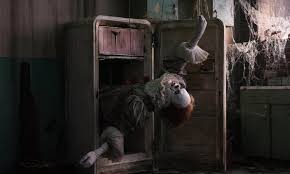 but no one can deny that Skarsgard puts his all into the character, going full out to invest Pennywise with as much horror as a harlequin can hold.
but no one can deny that Skarsgard puts his all into the character, going full out to invest Pennywise with as much horror as a harlequin can hold.
While Gary Dauberman, the scriptwriter, REALLY needs to learn the meaning of “less is more” (and yes, I know, people who live in glass houses….), he, with director Andy Muschietti, (whose only big credit up to now was another horror movie – Mama), made some VERY VERY good plot choices.
There were a number of circumstances in the source material they decided to leave out. Among the sensible deletions were, among a number of other smaller but improvement tweaks: Tom, Beverly’s abusive husband doesn’t pursue them into Pennywise’s lair in a last minute late third act conflict. 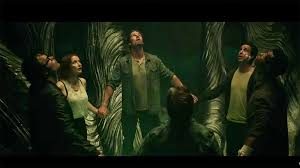 They do NOT use a parody-level, laughable, King-invented creation myth of a turtle who vomits up the universe to defeat Pennywise. Derry did not blow up when the monster died, resulting in the group being heroes who save a town leaving hope in their wake instead of monster hunters who leave nothing but destruction behind them. Bill’s wife, Audra, did not show up needing to be saved which would have further padded an already excessively long run time.
They do NOT use a parody-level, laughable, King-invented creation myth of a turtle who vomits up the universe to defeat Pennywise. Derry did not blow up when the monster died, resulting in the group being heroes who save a town leaving hope in their wake instead of monster hunters who leave nothing but destruction behind them. Bill’s wife, Audra, did not show up needing to be saved which would have further padded an already excessively long run time.  And they explicitly do NOT again lose their memories of Derry after the monster is vanquished, which retention implies they have learned to conquer their own inner demons as well as the extraterrestrial who externalized those fears. (NOT to mention the extremely wise excision in the first movie of the truly disturbed scene in the book where the boys “tag team” Beverly in a bonding ritual of intimacy.)
And they explicitly do NOT again lose their memories of Derry after the monster is vanquished, which retention implies they have learned to conquer their own inner demons as well as the extraterrestrial who externalized those fears. (NOT to mention the extremely wise excision in the first movie of the truly disturbed scene in the book where the boys “tag team” Beverly in a bonding ritual of intimacy.)
These cuts indicated a well considered re-evaluation of King’s original book.  Dauberman and Muschietti kept what made a good horror story from King’s book IT and replaced the book’s failings with plot and character structures that provided IT with a deeper, layered and even subtle meaning over which King’s far more negative paper prose had steam rollered. Thankfully, and in a rarity, the filmmakers had a bit more sense and gentler hand than did the initiating author.
Dauberman and Muschietti kept what made a good horror story from King’s book IT and replaced the book’s failings with plot and character structures that provided IT with a deeper, layered and even subtle meaning over which King’s far more negative paper prose had steam rollered. Thankfully, and in a rarity, the filmmakers had a bit more sense and gentler hand than did the initiating author.
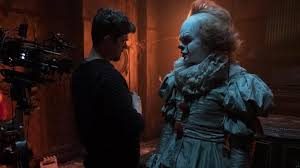 Dauberman also chose to craft the story around a continuation of the first film’s theme of conquering childhood fears. Each adult, who had formerly been a member of The Losers’ Club, contributes to the defeat of the fear-eating monster by facing and debriding some wound which fundamentally shaped their personalities.
Dauberman also chose to craft the story around a continuation of the first film’s theme of conquering childhood fears. Each adult, who had formerly been a member of The Losers’ Club, contributes to the defeat of the fear-eating monster by facing and debriding some wound which fundamentally shaped their personalities.  Bev once and for all denies her abusive father’s hold over her by embracing Ben’s unconditional genuine love for her. Ben, at one point, is trapped in their childhood underground clubhouse with its walls closing in on him, physicalizing how he was trapped in the fat of his own prepubescent body, but vanquishes this self-killing insecurity by declaring his love for Beverly in acknowledgment that he is not alone and is worthy of loving and being loved.
Bev once and for all denies her abusive father’s hold over her by embracing Ben’s unconditional genuine love for her. Ben, at one point, is trapped in their childhood underground clubhouse with its walls closing in on him, physicalizing how he was trapped in the fat of his own prepubescent body, but vanquishes this self-killing insecurity by declaring his love for Beverly in acknowledgment that he is not alone and is worthy of loving and being loved. 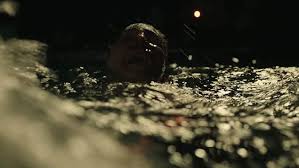 Bill almost drowns in the same sewer water in which his brother Georgie died, then kills a younger self-accusatory version of himself, finally putting his misplaced guilt over his brother’s death behind him. Eddie uncovers Pennywise’s fatal weakness when he throws off his germophobia long enough to successfully wrestle a leperous manifestation of the evil clown.
Bill almost drowns in the same sewer water in which his brother Georgie died, then kills a younger self-accusatory version of himself, finally putting his misplaced guilt over his brother’s death behind him. Eddie uncovers Pennywise’s fatal weakness when he throws off his germophobia long enough to successfully wrestle a leperous manifestation of the evil clown.
And so it goes. As each member adds to the pot the Losers get stronger.
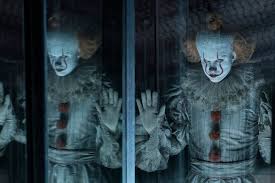 To defeat Pennywise they must all reduce him to a killable size. Metaphorically this makes perfect sense. One’s childhood fears can seem to increase proportionately as one gets older, towering over us unchecked and unconfronted to destroy us.
To defeat Pennywise they must all reduce him to a killable size. Metaphorically this makes perfect sense. One’s childhood fears can seem to increase proportionately as one gets older, towering over us unchecked and unconfronted to destroy us. 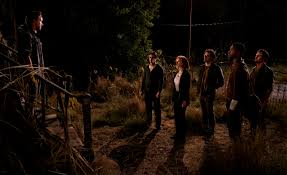 But in the light of mature perspective, trauma can be reduced to manageable size from which one can learn, grow, and even benefit. This is a philosophy worth considering and manifests in a monstrously (if you’ll excuse the pun) dramatic way in Pennywise.
But in the light of mature perspective, trauma can be reduced to manageable size from which one can learn, grow, and even benefit. This is a philosophy worth considering and manifests in a monstrously (if you’ll excuse the pun) dramatic way in Pennywise.
There are also a couple of fun cameos – Stephen King, himself, as an opportunistic second-hand shop owner, and  Peter Bogdanovich (real life director of Noises Off, Paper Moon, and What’s Up Doc?) playing to type as a film director.
Peter Bogdanovich (real life director of Noises Off, Paper Moon, and What’s Up Doc?) playing to type as a film director.
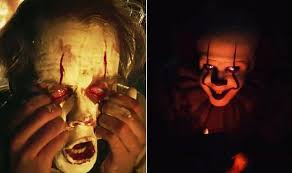 BUT for all of its successes as a horror film – IT is WAY too long – by about a third. Just having to accommodate a large ensemble cast will make for an inherently long story. Accommodating TWO ensemble groups – with present-time adults and childhood dove-tailing flashbacks – is one of the reasons this movie is almost a full 3 hours long. Its padding is mostly due to not trusting the average ticket buyers. Dauberman, et al, needn’t have worried that audience members would RANDOMLY wander into a movie house showing a movie titled IT: Chapter Two. We really did not need all the backtracking, and re-covering old childhood ground with “new” adult eyes to understand what was going on.
BUT for all of its successes as a horror film – IT is WAY too long – by about a third. Just having to accommodate a large ensemble cast will make for an inherently long story. Accommodating TWO ensemble groups – with present-time adults and childhood dove-tailing flashbacks – is one of the reasons this movie is almost a full 3 hours long. Its padding is mostly due to not trusting the average ticket buyers. Dauberman, et al, needn’t have worried that audience members would RANDOMLY wander into a movie house showing a movie titled IT: Chapter Two. We really did not need all the backtracking, and re-covering old childhood ground with “new” adult eyes to understand what was going on.
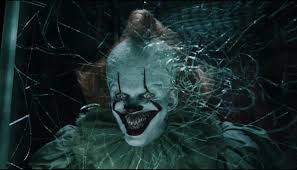 In addition, I do not think they understood the difference between pausing long enough for tension to build and holding on to the “punch line” so long you start checking your watch. There are a LOT of jump scares in IT. This movie practically parkours its way through the entire plot on jump scares. And every SINGLE jump scare endures a prolonged preview. For example,
In addition, I do not think they understood the difference between pausing long enough for tension to build and holding on to the “punch line” so long you start checking your watch. There are a LOT of jump scares in IT. This movie practically parkours its way through the entire plot on jump scares. And every SINGLE jump scare endures a prolonged preview. For example, 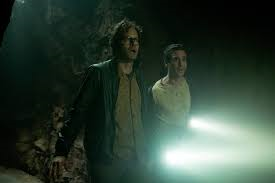 Rich and Eddie encounter a cute Pomeranian dog – probably because Rich had jokingly stated a wish that he hoped the monster’s true form would be in this shape. We all know the dog is going to jump scare into a monster-size zombie dog but far too many beats go by as Rich and Eddie comment about how cute it is before this happens. So, yeah, about an hour could have been chopped just by jumping, instead of dragging, their way to the jump scares.
Rich and Eddie encounter a cute Pomeranian dog – probably because Rich had jokingly stated a wish that he hoped the monster’s true form would be in this shape. We all know the dog is going to jump scare into a monster-size zombie dog but far too many beats go by as Rich and Eddie comment about how cute it is before this happens. So, yeah, about an hour could have been chopped just by jumping, instead of dragging, their way to the jump scares.
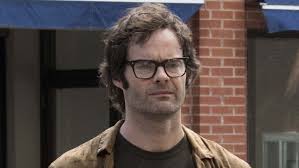 The language is ridiculously and unnecessarily crude, using the “F” word like a baker does flour. Granted all of them subtly reverted back to elements of their childhood during the course of the movie – Bill’s stutter and Eddie’s psychosomatic asthma for examples. Childhood Richie had a marked dependence on profanity as a defense mechanism against his own insecurities, so adult Richie’s profane filled vocabulary should not surprise us, but even so, the repetition became gratuitous.
The language is ridiculously and unnecessarily crude, using the “F” word like a baker does flour. Granted all of them subtly reverted back to elements of their childhood during the course of the movie – Bill’s stutter and Eddie’s psychosomatic asthma for examples. Childhood Richie had a marked dependence on profanity as a defense mechanism against his own insecurities, so adult Richie’s profane filled vocabulary should not surprise us, but even so, the repetition became gratuitous.
Benjamin Wallfisch returns to create yet another creepy musical backdrop which functions as a character in its own right.  Heavy, and effectively random use of oppressive jarring percussions and wandering dissonant acrobatics on flute and violin provide a disjointed, otherworldly, off balanced and forcefully unsettling soundtrack for most of the movie accompanying Pennywise, which music occasionally, like brief moments of sunshine during a terrible storm, give way to lovely, lyrical, and melancholic passages representing the children and their adult dopplegangers.
Heavy, and effectively random use of oppressive jarring percussions and wandering dissonant acrobatics on flute and violin provide a disjointed, otherworldly, off balanced and forcefully unsettling soundtrack for most of the movie accompanying Pennywise, which music occasionally, like brief moments of sunshine during a terrible storm, give way to lovely, lyrical, and melancholic passages representing the children and their adult dopplegangers.
 IT: C2 is a solid horror movie with an intelligent sub-text but certainly appropriate only for older teens and up given the language, the extreme violence, and multiple scenes of physical, emotional, verbal and implied sexual abuse.
IT: C2 is a solid horror movie with an intelligent sub-text but certainly appropriate only for older teens and up given the language, the extreme violence, and multiple scenes of physical, emotional, verbal and implied sexual abuse.
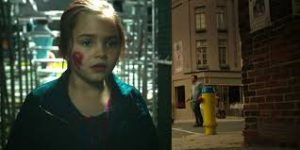 And as I have already mentioned – more horrifying than Pennywise’s presence on screen was the attendance by a number of early teens and even YOUNGER audience members, some of whom were with parents who REALLY should have known better. As if the movie IT: C2 was not inappropriate enough for these children, the previews certainly were, including stories which featured real world violence and pole-dancing strippers. If a movie is “R” rated, as IT is, then authority figures should realize previews are going to be “R” rated as well and often not just for gore and jump scares.
And as I have already mentioned – more horrifying than Pennywise’s presence on screen was the attendance by a number of early teens and even YOUNGER audience members, some of whom were with parents who REALLY should have known better. As if the movie IT: C2 was not inappropriate enough for these children, the previews certainly were, including stories which featured real world violence and pole-dancing strippers. If a movie is “R” rated, as IT is, then authority figures should realize previews are going to be “R” rated as well and often not just for gore and jump scares.
So if you liked Chapter ONE IT then you’ll find IT: Chapter Two very satisfying, with creatively gross monsters and an interesting underlying analogy about learning to heal from childhood trauma.
But PLEASE avoiding traumatizing your own child with this movie and leave the kids at home.

